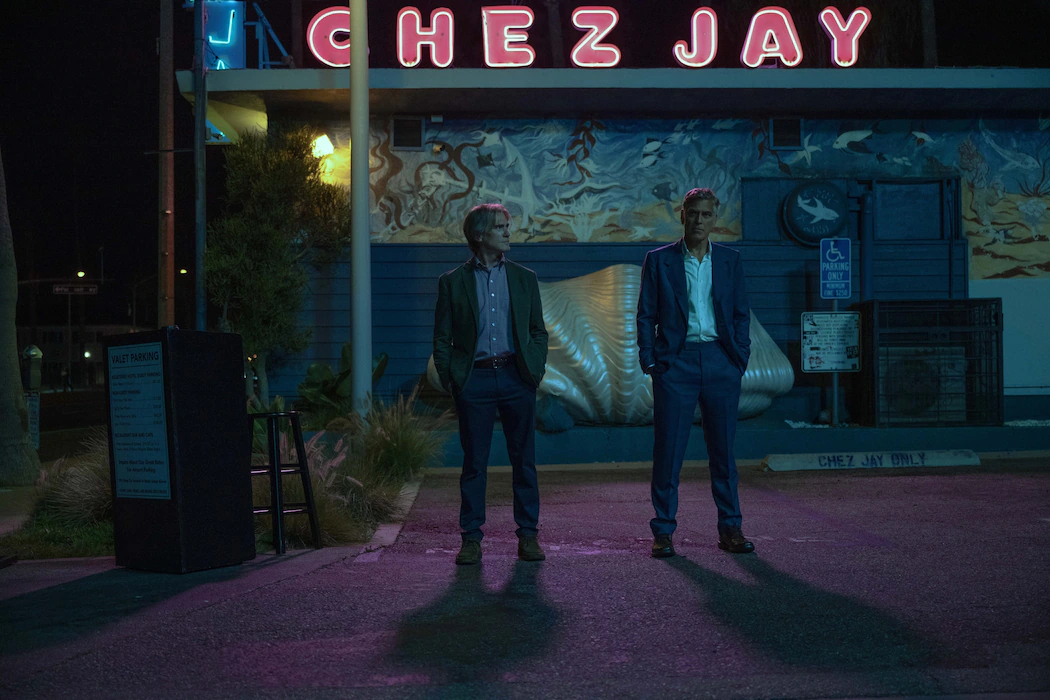British singer-songwriter Mabel, known for her chart-topping hits such as Finders Keepers and Don’t Call Me Up, recently opened up about her struggles within the music industry. In a candid interview on a podcast, the 29-year-old artist shared her thoughts on the pressures she has faced, the lack of support for artists, and the impression of the industry on mental health. Her honest reflections have sparked important conversations about the challenges musicians endure behind the scenes, highlighting systemic issues within the industry.
Mabel’s experience serves as a stark reminder that, despite the glamour associated with the music business, artists often grapple with immense pressure, creative constraints, and mental health struggles. Throughout her career, she has faced scrutiny, comparisons to her famous mother, Neneh Cherry, and the high expectations that come with being in the public eye.
The Pressures of Fame and Industry Expectations
Mabel’s journey in the music industry began with high expectations, given her family’s musical legacy. As the daughter of Swedish singer Neneh Cherry and British producer Cameron McVey, music has always been a part of her life. However, carving her own identity in the industry has come with challenges.
Reflecting on her journey, Mabel stated, “I’ve been given no real time to figure things out.” This sentiment resonates with many artists who feel pressured to constantly deliver new content, often sacrificing their personal well-being for commercial success. She further elaborated on the fast-paced nature of the industry, emphasizing that the relentless schedule often leaves little room for self-discovery and personal growth.
Mabel acknowledged that artists are frequently expected to maintain a constant presence on social media, engage with fans, and produce new music at an exhausting pace. She admitted that the pressure to stay relevant can be overwhelming, with the fear of being forgotten looming over many artists.
Mental Health Struggles and Seeking Support
One of the most revealing aspects of Mabel’s interview was her discussion of mental health. The singer admitted to struggling with anxiety and self-doubt, revealing that she has sought therapy and medication to cope with the pressures of her career.
“I think the main problem is that our voices are not heard,” she shared, referring to the lack of agency artists often feel when it comes to their career decisions and well-being. Mabel emphasized that many musicians suffer in silence, hesitant to speak out due to fear of being perceived as weak or ungrateful.
The music industry, while offering incredible opportunities, can also be isolating. Mabel highlighted how the constant scrutiny and judgment, particularly in an age where social media amplifies every move, take a toll on an artist’s self-esteem. Comparisons to her mother, media speculation about her personal life, and the pressure to live up to industry standards have contributed to her struggles.
Despite these challenges, Mabel expressed gratitude for the support she has found in therapy, noting that mental health treatment has played a crucial role in helping her manage the demands of her career. She encouraged other artists to seek help when needed and to prioritize their mental well-being.
Industry Challenges: Lack of Creative Control and Authenticity
Mabel also touched on the lack of creative freedom artists often experience in the industry. She spoke about feeling creatively stifled at times, with record labels and management teams imposing their visions on artists without truly considering their artistic integrity.
“There have been times when I wanted to experiment with my sound, but it felt like I had to fit into a certain mold,” she explained. This struggle is common among artists who desire to explore different genres and styles but are confined by market trends and commercial pressures.
The artist also mentioned the industry’s tendency to prioritize profit over authenticity, noting that female artists, in particular, face additional challenges in asserting their artistic identity. The expectation to conform to specific beauty standards, trends, and commercial demands can create a disconnect between an artist’s true self and their public persona.
Mabel’s comments highlight the need for more artist-led decision-making within the industry. She believes that fostering environments where artists feel heard and supported is essential for long-term career sustainability.
Navigating Social Media and Public Scrutiny
In today’s digital age, social media plays a significant role in shaping an artist’s career. Mabel admitted that while social media provides a platform to connect with fans, it also exacerbates the pressures of maintaining a perfect image.
She reflected on how the constant need to share personal moments, promote music, and engage with followers can be mentally draining. The expectation to be “on” at all times can blur the lines between personal and professional life, leading to burnout.
The singer also acknowledged the toxic aspects of online culture, where negative comments and unsolicited opinions can affect an artist’s confidence. Despite having a loyal fan base, dealing with criticism and unrealistic expectations remains a challenge.
To cope with the pressures of social media, Mabel has learned to set boundaries and take breaks when necessary. She emphasized the importance of finding a balance between staying connected with fans and protecting one’s mental health.
The Future of Mabel’s Career: Balancing Passion and Well-being
Despite the difficulties she has faced, Mabel remains passionate about music. However, she expressed uncertainty about how long she can sustain the intense demands of the industry. “I love what I do so much, but how long I will fight for, I don’t know,” she admitted, acknowledging the need for better support systems for artists.
Moving forward, Mabel hopes to focus on projects that align with her values and allow her to express herself authentically. She is interested in exploring collaborations that feel meaningful and pursuing ventures outside of music, such as fashion and mental health advocacy.
Additionally, Mabel’s upcoming wedding to her fiancé, musician Preye Crooks, has provided her with a sense of stability and happiness. She shared that planning their future together has given her a renewed perspective on what truly matters beyond the music industry.
A Call for Industry Change
Mabel’s experiences underscore the urgent need for systemic change within the music industry. Her candid revelations highlight the importance of creating a healthier environment for artists, where their voices are genuinely heard and valued.
Key areas where change is needed include:
Better Mental Health Support:
•Implementing wellness programs for artists to manage stress and mental health challenges.
•Encouraging open conversations about mental well-being without stigma.
Creative Autonomy:
•Allowing artists greater control over their music and branding.
•Moving away from cookie-cutter formulas to encourage authentic expression.
Realistic Expectations:
•Redefining success beyond chart performance and social media metrics.
•Providing artists with downtime to recharge creatively and personally.
Addressing Gender Inequality:
•Ensuring that female artists have equal opportunities and are not subjected to unrealistic beauty and performance standards.
•Creating safer spaces for women in music, free from exploitation and discrimination.
Mabel’s story is not unique; many artists experience similar challenges but lack the platform or confidence to speak out. By using her voice, she is paving the way for future generations of musicians to demand change and advocate for their well-being.
Mabel’s Inspiring Journey
Mabel’s candid discussion about her experiences in the music industry sheds light on the complex realities that come with success. Her journey serves as an inspiration for aspiring artists, reminding them that behind the glamour lies hard work, resilience, and the need for self-care.
While she continues to navigate the highs and lows of the industry, Mabel’s commitment to authenticity, mental health awareness, and artistic integrity stands as a powerful reminder that true success is not just about chart numbers but about staying true to oneself.
As fans and industry professionals alike reflect on her words, it is clear that the music industry must evolve to better support its artists—not just in their creative endeavors but in their overall well-being.
No comments yet.








